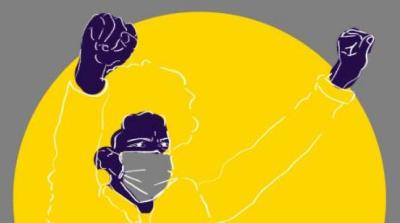Promoting freedom and democracy and protecting human rights around the world are central to U.S. foreign policy. The values captured in the Universal Declaration of Human Rights and in other global and regional commitments are consistent with the values upon which the United States was founded centuries ago. The United States supports those persons who long to live in freedom and under democratic governments that protect universally accepted human rights. The United States uses a wide range of tools to advance a freedom agenda, including bilateral diplomacy, multilateral engagement, foreign assistance, reporting and public outreach, and economic sanctions. The United States is committed to working with democratic partners, international and regional organizations, non-governmental organizations, and engaged citizens to support those seeking freedom. The Bureau of Democracy, Human Rights and Labor leads the U.S. efforts to promote democracy, protect human rights and international religious freedom, and advance labor rights globally.
Work supported:
- Securing human rights online in Africa through a strong and active ‘African Declaration on Internet Rights and Freedoms’ network (2018-2020)











